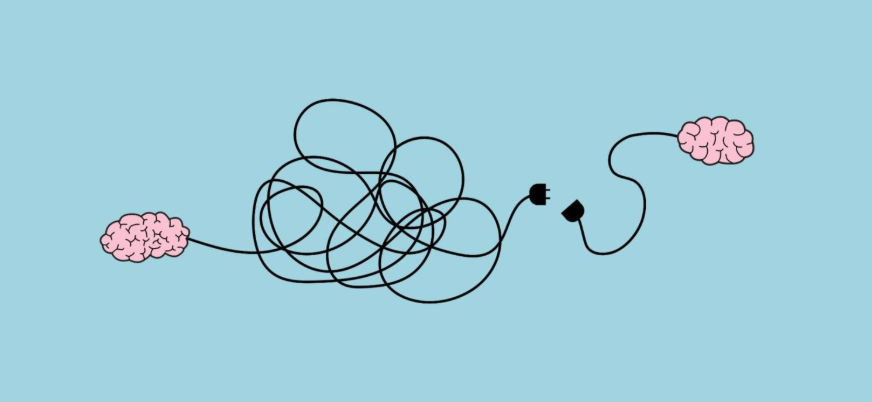
4 Key Relationship Killers
August 15, 2015
EMDR Therapy and the Transformative Benefits
September 12, 201510 Unhelpful Thinking Styles
Unhelpful thinking styles create the thoughts that contribute to negative feelings and patterns in our mind. Everyone has different styles that they predominantly struggle with as we pick them up over the course of our lives and they become habit. They are cognitive distortions and will reinforce negative emotions. Here are 10 types of unhelpful thinking styles you may recognize in your own life.
- Labelling
Forming a negative judgement based on just a few qualities. “I misspelled the client’s name. I’m so stupid.” - All or Nothing
Placing people or situations into either/or categories. There is no middle ground. “If I’m not perfect, I have failed.” - Disqualifying the Positive
Focusing on the negative by discounting good things that have happened. “She just said that to be nice.” - Catastrophizing
Magnifying small negative incidents or minimizing positive events. “Now I’m going to lose my job, go bankrupt, and end up homeless.” - Mental Filter
Only focusing on the negative details while filtering out the positive aspects. “I got two needs improvement sections in my evaluation. I’m terrible at my job.” - Overgeneralization
Creating a pattern out of a single experience or coming to a broad conclusion based on a piece of evidence. “Nothing good ever happens.” - Jumping to Conclusions
Imagining that we know what others are thinking. Also, predicting future outcomes. “Everyone is laughing at me.” - Should Statements
Using words like “should” or “must” to enforce ideas or rules for behaviour. “I should be cleaning the house.” - Emotional Reasoning
Assuming that feelings reflect fact about self or a situation. “I feel ugly, therefore I must actually be ugly.” - Personalization
Blaming oneself for something out of his control. Also, blaming others for something that was one’s fault. “If only I didn’t leave the house at that time, this wouldn’t have happened.”
It’s important to understand that these thoughts are inaccurate. Once we gain the awareness of their occurrence, we can begin to replace them with healthy, rational thinking. Cognitive-behavioural therapy is a counselling service that is often used to combat this type of negative thinking. By first identifying the thinking and then refuting it, we work against the thoughts. With time and practice these thoughts will occur less and less frequently, and new balanced thought processes will take their place. At OCCS we offer a wide range of therapeutic approaches and assess each of our clients individually to determine which technique will be most appropriate and beneficial to them. Cognitive behavioural therapy is one of the counselling services we offer and is used to effectively treat anxiety, depression, eating disorders, and many other mental health concerns you may have.
Contact us today to find out how our counselling services may be of benefit to you, and learn to challenge negative thoughts, adjust behavioural patterns, or address any other challenging circumstances you may be facing. OCCS offers online counselling services, as well as locations throughout the Okanagan in downtown Kelowna, West Kelowna, and Penticton for your convenience. Weekend/evening appointments, and a sliding fee scale are also available.
This blog post was written by:
Nicole Ripley, BA Psyc, M.Couns
Registered Clinical Counsellor (#10535)
Okanagan Clinical Counselling Services
p: 250.718.9291







